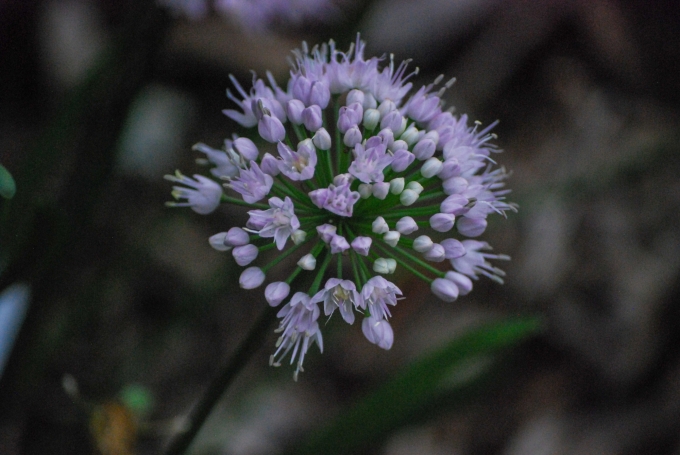Common Name: Summer Beauty Allium
Family: Amaryllidaceae
Plant Type: Herbaceous Perennial
Native Range: Europe and western Asia; not native to North America
Hardiness Zones: 4–9
Height: 12 to 18 inches
Spread: 12 to 18 inches
Bloom Time: July to August
Bloom Description: Dense, globe-shaped clusters of lavender-pink, star-like flowers held above the foliage
Sun Exposure: Full sun
Water Needs: Low to medium
Soil Preference: Well-drained; tolerates sandy, loamy, and even clay soils
Management Level: Low
Suggested Use: Borders, pollinator gardens, mass plantings, edging
Attracts: Bees, butterflies, other beneficial pollinators
Tolerates: Drought, heat, poor soils, deer, rabbits
Notable Features: Long bloom period, glossy foliage that stays neat all summer, excellent pollinator support
Nebraska Growing Notes:
‘Summer Beauty’ Allium thrives in Nebraska’s full-sun landscapes, offering reliable performance through hot summers and periodic drought. Unlike many other ornamentals, it retains fresh, tidy foliage well into fall, even in eastern and central Nebraska’s clay-rich soils—so long as drainage is adequate.
It is widely used in sustainable landscapes because of its resilience, low water needs, and ability to attract pollinators without requiring heavy care. The plant forms clumps that slowly expand but are non-invasive. Its tidy habit and long-lasting bloom make it a favorite in both formal beds and naturalistic gardens.
Deadheading is not required, though spent flower heads can be left for winter interest or trimmed for a cleaner look. Division every few years will keep the plant vigorous.
Landscape Use:
Ideal for border fronts, municipal landscapes, educational pollinator gardens, rock gardens, and xeriscape-inspired designs. Pairs well with other perennials like Salvia, Echinacea, Nepeta, and Rudbeckia. Its compact size makes it especially useful along pathways and edges.
Caution:
Not considered toxic, but like all Alliums, it may cause digestive upset if consumed by pets in large quantities. Foliage has a mild onion scent when bruised. No aggressive spreading behavior; however, overcrowding may reduce flowering over time.
Garden Locations:
Bed(s) 4, 11 (Planted in our gardens summer of 2025)

